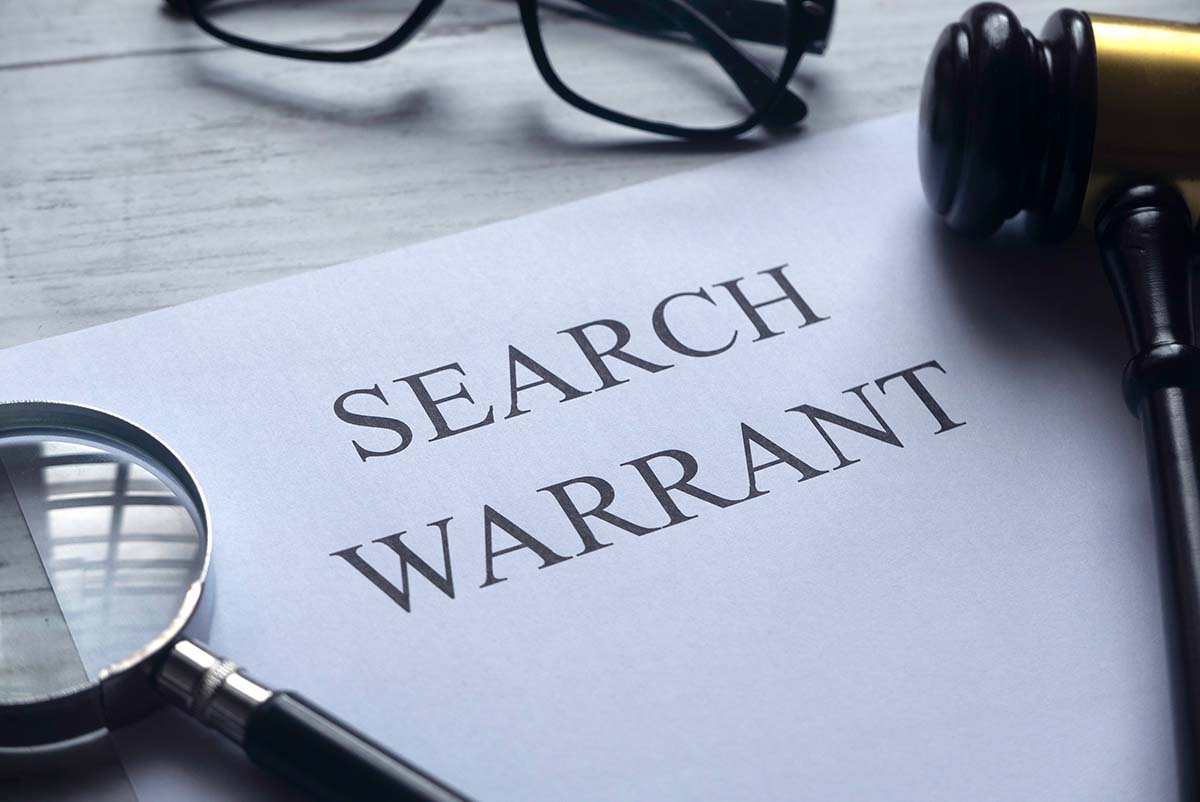
27 Apr All You Need to Know About the 4th Amendment
The Constitution of the United States is essential for the preservation of our democracy. It serves as the framework for our government, defining the rights and responsibilities of citizens and the government alike. It also checks government power, ensuring that our freedoms and liberties are protected from abuse.
The Constitution of the United States was ratified in 1787, but it was not until 1791 that the first ten amendments, known as the Bill of Rights, were added. This addition resulted from widespread public outcry for greater protection of natural rights and more limits on federal power. The Bill of Rights was intended to establish a balance between the federal government’s authority and the rights of individuals.
This article will discuss the 4th amendment, which safeguards people’s rights against unlawful searches and seizures.
What does the 4th Amendment Say?
The Fourth Amendment is one of the most critical Constitutional amendments. It is the cornerstone of our freedoms, protecting us from unreasonable search and seizure by the government. The amendment states:
“The right of the people to be secure in their persons, houses, papers, and effects, against unreasonable searches and seizures, shall not be violated, and no Warrants shall issue, but upon probable cause, supported by Oath or affirmation, and particularly describing the place to be searched, and the persons or things to be seized.”
This amendment is vital to protecting citizens’ privacy rights. It ensures that the government cannot search or seize a person’s property without a warrant and probable cause. This means the government must have a valid reason to believe that criminal activity occurred before it can search or seize a person’s property.
The Fourth Amendment also requires that any search must be reasonable. This means the government must have a valid reason for searching or seizing a person’s property. An unreasonable search may be declared unconstitutional, and a judge may exclude the evidence obtained from court proceedings following a motion to suppress.
The Fourth Amendment also requires that any warrant be based on probable cause. This means the government must have a valid reason to believe a crime occurred before issuing a warrant. The warrant must also describe the place to be examined and the items to be seized.
What does the 4th Amendment NOT Say?
One of the most common misconceptions about the Fourth Amendment is that it grants an absolute right to privacy. This is not the case. The Fourth Amendment only protects citizens from unreasonable searches and seizures by the government and does not necessarily guarantee complete privacy.
Another misconception is that the Fourth Amendment only applies to police officers. In reality, the Fourth Amendment applies to all government agents, including federal and state law enforcement officers and private citizens acting on behalf of the government. So, if a private citizen is asked to collect evidence or search a person’s property, the Fourth Amendment still applies.
Finally, some believe the Fourth Amendment only applies to searches conducted in a person’s home. In reality, the Fourth Amendment applies to searches and seizures of any person, regardless of location. This means the government must have a valid reason to search or seize a person’s property, regardless of location.
Conclusion
The Fourth Amendment is an integral part of the Bill of Rights and a cornerstone of the American legal system. By understanding the Fourth Amendment, citizens can ensure their rights are protected, and their privacy is respected. Furthermore, to ensure that law enforcement is held accountable, it is crucial to understand what constitutes a valid search and seizure and what evidence is allowed. Understanding the Fourth Amendment is essential to protect our rights and hold the government accountable.
The ASF Nation is a blog dedicated to patriotic Americans. Whether it’s standing up for our constitutional rights, speaking out against injustice, or simply showing our patriotism through acts of kindness, we can work together to make our country a better place. Contact us today to learn how you can join us in our mission to preserve and promote American values of liberty, freedom, equality, and personal responsibility.
